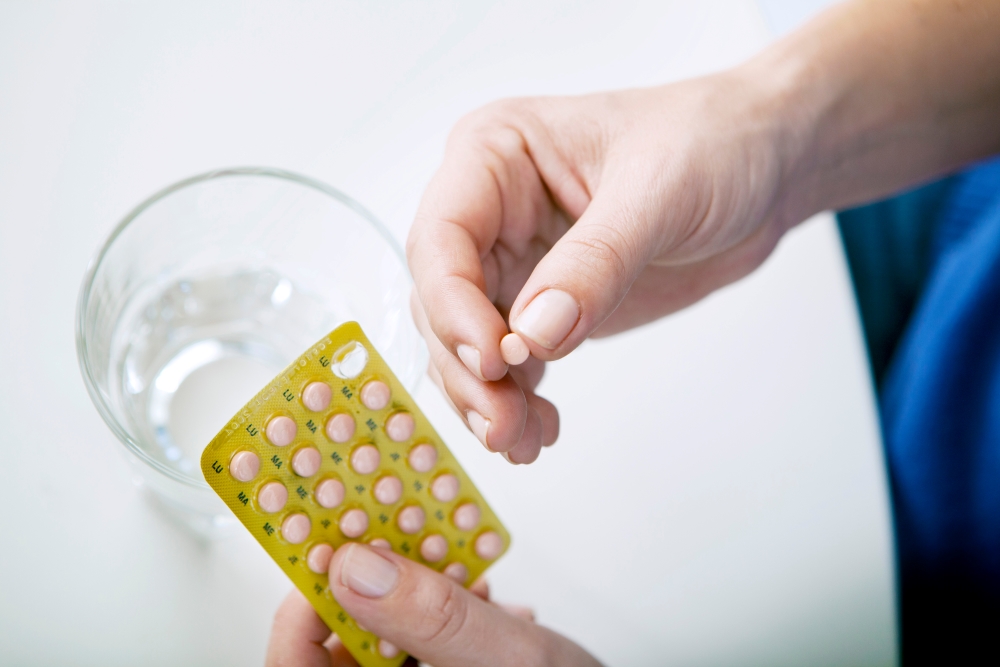Starting Hormone Replacement Therapy (HRT) often comes with the hope of significant relief from menopause symptoms. But what happens when you’re weeks or months in and still feel that something isn’t right? It’s a common and valid concern. This article explores the key signs that your HRT might not be working effectively and what steps you can take.
In Summary: Key Signs Your HRT Needs Reviewing
- Persistent Symptoms: Your original menopause symptoms (like hot flushes or brain fog) have not improved or are returning.
- Hormone Intolerance: You are experiencing side effects like mood swings, bloating, or headaches, which may point to an issue with progestogen.
- Poor Absorption: The way you apply gels, patches, or sprays can significantly impact how much oestrogen your body absorbs.
- Incorrect Dose: The most common reason for HRT not working is that the dose is too low for your individual needs.
- Blood Test Confirmation: A blood test is the only definitive way to check if your body is absorbing enough oestrogen.
How Do I Know If I Need a Higher Dose of HRT?
This is one of the most frequent questions we hear, and often, the answer is yes. You might need a higher dose if your original symptoms have not improved after a few months, or if they are starting to return.
This can happen for two main reasons: either the initial dose prescribed was too low to begin with, or your body is not absorbing the oestrogen effectively from your patch, gel, or spray. Absorption varies hugely between individuals. One woman might get excellent results from a low-dose patch, while another may struggle to absorb the maximum dose of an oestrogen gel.
In these situations, it is vital to check your application technique. For example, with Oestrogel, each pump should be applied to a different limb (e.g. upper outer arm or inner thigh) over an area the size of a handprint and left to dry, not rubbed in like a moisturiser.
The most definitive way to check your hormone absorption is with a blood test. Our clinic can check your oestradiol levels to ensure they are within the optimal therapeutic range (around 300-800 pmol/L). You cannot assume absorption is adequate just because you are on a maximum dose.
4 Common Reasons Why Your HRT Isn’t Working as Expected
In our experience as menopause specialists, when women feel their HRT is failing them, it is usually due to one of these four reasons.
1. Insufficient Oestrogen Dosing
As discussed above, this is the primary culprit. If blood tests confirm your oestradiol levels are below the optimal range despite using a high dose, we would explore trying a different administration route, e.g. switching from a gel to a patch.
2. Intolerance to Progestogen or Progesterone
HRT involves taking oestrogen for symptoms, alongside a progestogen or progesterone to protect your womb lining. However, a significant number of women do not get along with progestogen. Clues that this may be an issue for you include a history of bad reactions to contraceptive pills, severe PMS/PMDD, or postnatal depression.
Side effects of progestogen can include low mood, anxiety, lethargy, and bloating. If you are struggling, it is crucial to work with a specialist. Solutions can involve:
- Trialling different types of progestogens to find one that suits you.
- Minimising exposure by using a Mirena coil or vaginal progesterone, which limits absorption into the main bloodstream.
- Considering Tibolone, a tablet with progestogenic properties that is a different type of molecule.
3. Intolerable Side Effects from HRT
Aside from progestogen issues, other HRT side effects can include nausea, headaches, breast tenderness, and leg cramps. In these cases, it’s important to work with your clinician to balance the benefits against the side effects. Sometimes a simple change, like switching the brand of oestrogen or the type of progestogen, can make all the difference.
4. The Symptoms Are Not Caused by Menopause
Sadly, for a small number of women, HRT does not resolve their symptoms even when blood tests show optimal oestrogen levels. If a symptom persists despite optimised HRT, it may not be caused by menopause after all, or it may simply not be a symptom that is responsive to HRT. This is why a thorough consultation to rule out other causes is so important.
Does HRT Work for Everyone?
While HRT is a highly effective treatment for many, it doesn’t work for everyone, and it is not a one-size-fits-all solution. Most of the time, when women feel their HRT is failing, it’s because they haven’t been prescribed the right type, dose, or formulation for their specific biological needs. When HRT is tailored to the individual, success rates are very high.
However, HRT isn’t suitable for everyone, including those with certain medical histories. In some rare cases, it can trigger other conditions. Before starting any treatment, you must discuss your health in detail with a trained clinician to make an informed decision.
Find the Right HRT Plan for You
Navigating these challenges requires expertise. At Summerhill Health, our Private Menopause Clinic specialises in creating personalised HRT plans. We can help you investigate your dosage, discuss different types of HRT, and arrange for the necessary Private Blood Tests to ensure your treatment is optimised for you.
Menopause is a time to take stock and indulge in self-care, with or without HRT. To book a consultation with our menopause specialist, please get in touch today.

